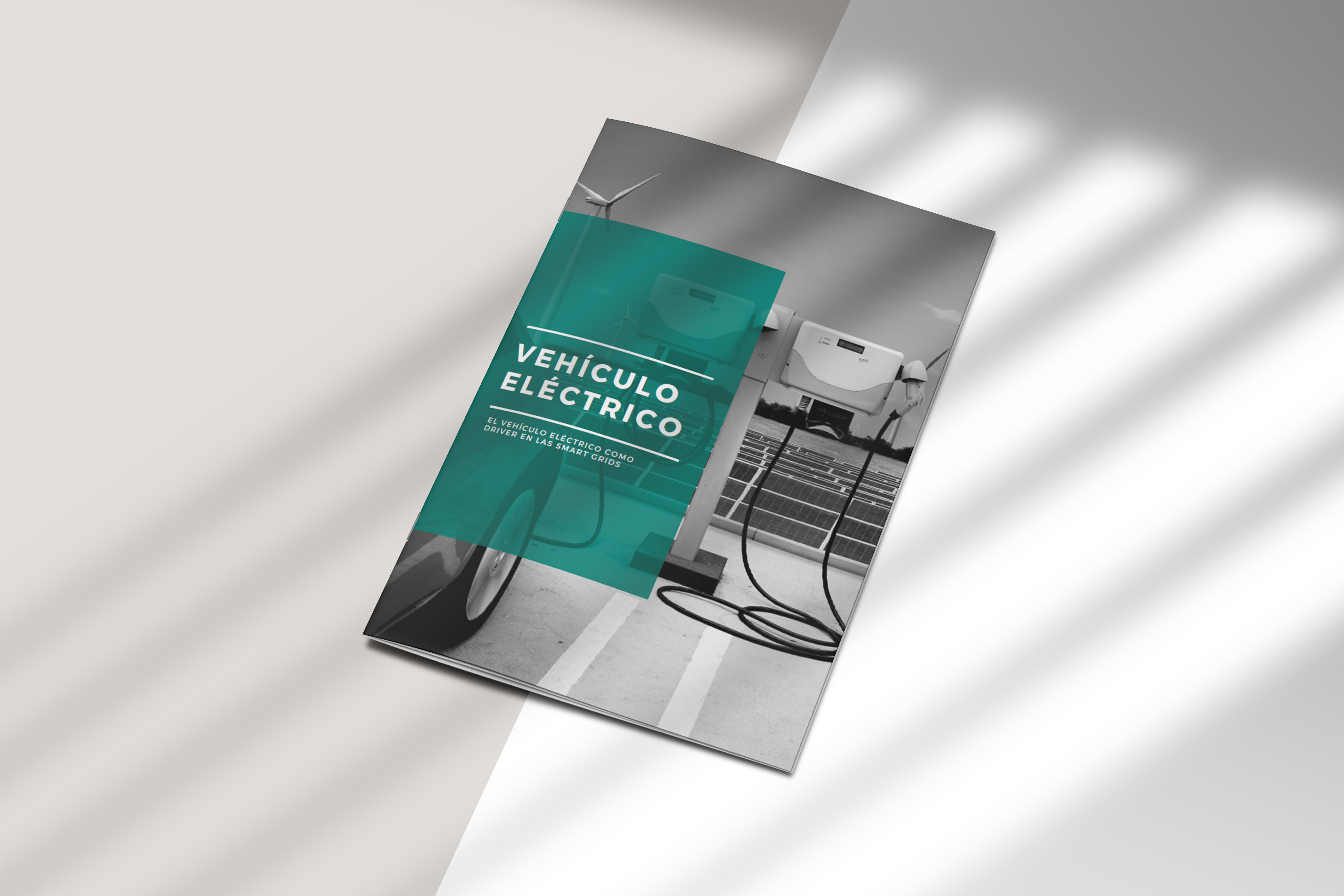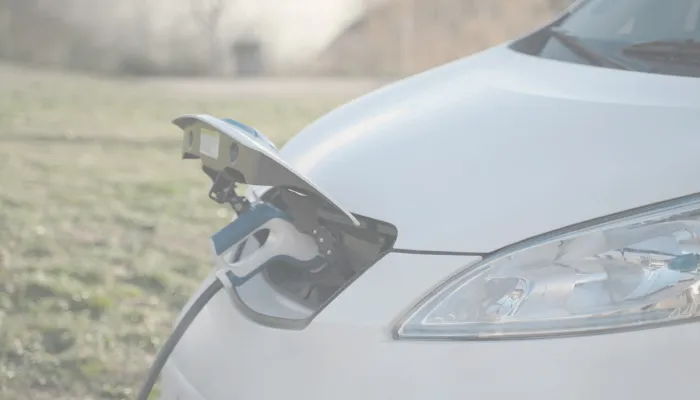Energy transition in transportation: sustainable mobility and electric vehicles
This course presents the opportunity to understand the essential pillars that are redefining the future of transportation.
Interesting information about the course
This course is only available in Spanish
Next Edition
Modality
Duration
Price
Description of the course
This course presents the opportunity to understand the essential pillars that are redefining the future of transportation. Focusing on the importance of adopting more sustainable practices and the growing relevance of electric vehicles, this program covers everything from fundamental concepts to emerging trends in the sector. By exploring both European and Latin American contexts, the course offers a broad perspective on how different regions are addressing the challenges of sustainable mobility.
The course content is carefully designed to provide a comprehensive overview of the changes taking place in the transportation field, without assuming prior specialized knowledge on the part of the participants. By analyzing the evolution of electric vehicles and the policies that encourage their adoption, such as the Sustainable Urban Mobility Plan (PMUS), students are provided with a basis for understanding how these innovations contribute to a cleaner and more efficient environment. Coverage of business models related to electric vehicle and charging infrastructure underscores the transition to a more integrated and environmentally friendly transportation ecosystem.
Request Information
Course Objectives
To equip students with knowledge of the challenges and opportunities presented by the energy transition in the transport sector, ranging from the general field of sustainable mobility to the specific solution of electric vehicles and green vehicles.
1
Understand the fundamentals and strategies behind sustainable mobility
2
Knowledge of developments, current and future trends, and business models
3
Exploring technologies and how they are shaping the future of transportation
Course Syllabus
- Introduction to mobility in the Spanish and European context
- Mobility in the Latin American context
- Sustainable mobility: concept, objectives and approach
- The Sustainable Urban Mobility Plan (SUMP)
- The Emissions Trading Scheme (ETS) for road transport
- Macro trends in the transport sector
- The future of mobility: electric, connected and shared
- Current energy situation
- History of the electric vehicle
- Current situation of the global electric vehicle market
- Evolution of the electric vehicle market
- Business models associated with electric vehicles
- Types of green vehicles
- Types of electric vehicles
- Types of electric vehicle charging
What does this course provide you?
Specially directed to
- Understand Sustainable Mobility: Understand the concept, objectives and strategies behind sustainable mobility, including urban planning and policies such as the SUMP
- Knowing the Electric Vehicle Market: Acquire knowledge about the evolution, current situation and future projections of the global electric vehicle market, as well as the related business models
- Explore Green Technologies: Become familiar with the different types of electric vehicles and charging technologies, understanding their impact on reducing emissions and promoting energy efficiency
- Identify Trends and Opportunities: Recognize macro trends in the transportation sector and how electric, connected and shared mobility is shaping the future of urban and global mobility
Course Instructors

Gregorio Fernández
Industrial Engineering
+ 12 years in renewable energy, electric vehicle and smart grids project management

Hans Bludszuweit
Ingeniería Eléctrica
+ 25 años en operación de redes inteligentes e investigación y desarrollo

Andreas Muñoz
Telecommunications Engineering
+11 years in development of EV charging protocols (CHAdeMO, CCS) and OCPP communication.

Luis Luengo
Ingeniería Mecánica
+ 10 años en integración de generación renovable en redes eléctricas

Noemí Galán
Ingeniería Técnica Industrial
+ 7 años en operación y planificación de red y responsable de equipo en CIRCE

Daniel Marquina
Ingeniería Eléctrica
+3 años en operación y gestión de recursos energéticos distribuidos, especializado en energías renovables
Frequently Asked Questions (FAQs)
You can contact Cristina Rubio directly: dmtran@fcirce.es









